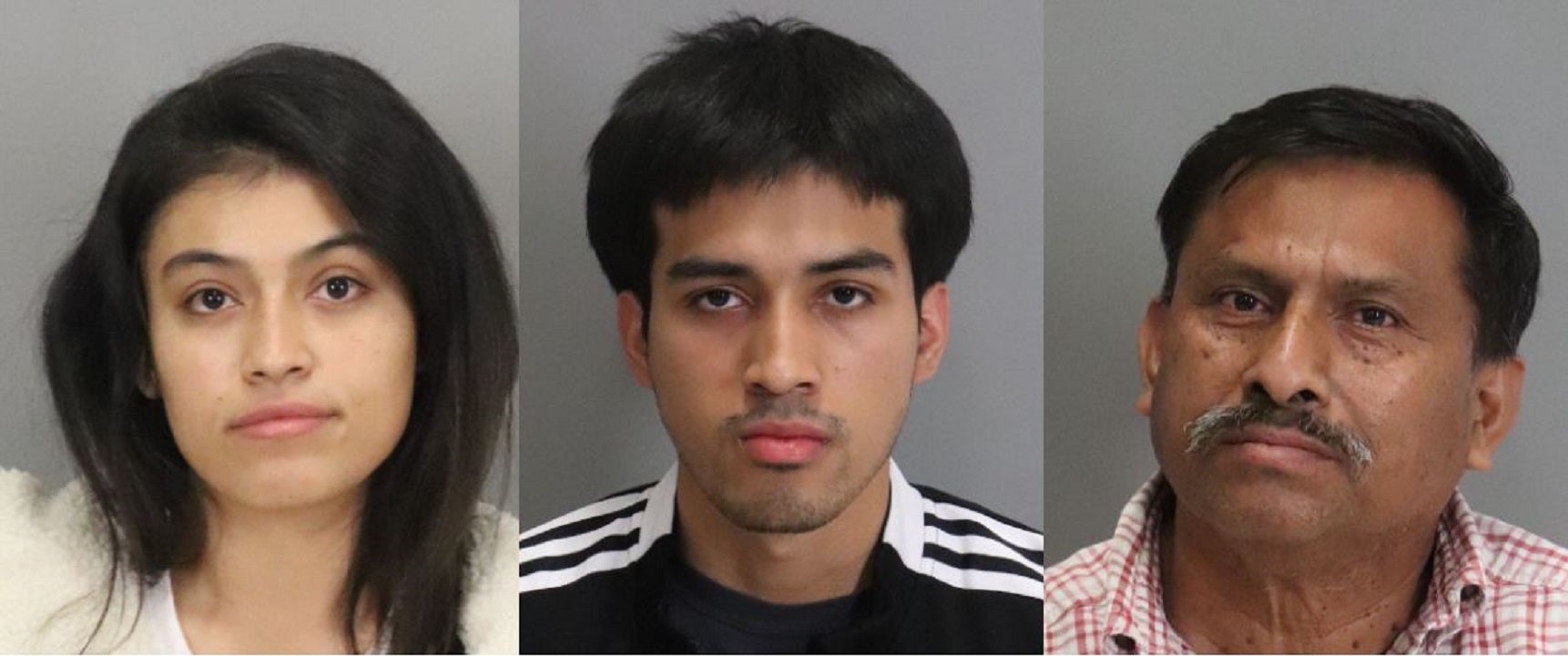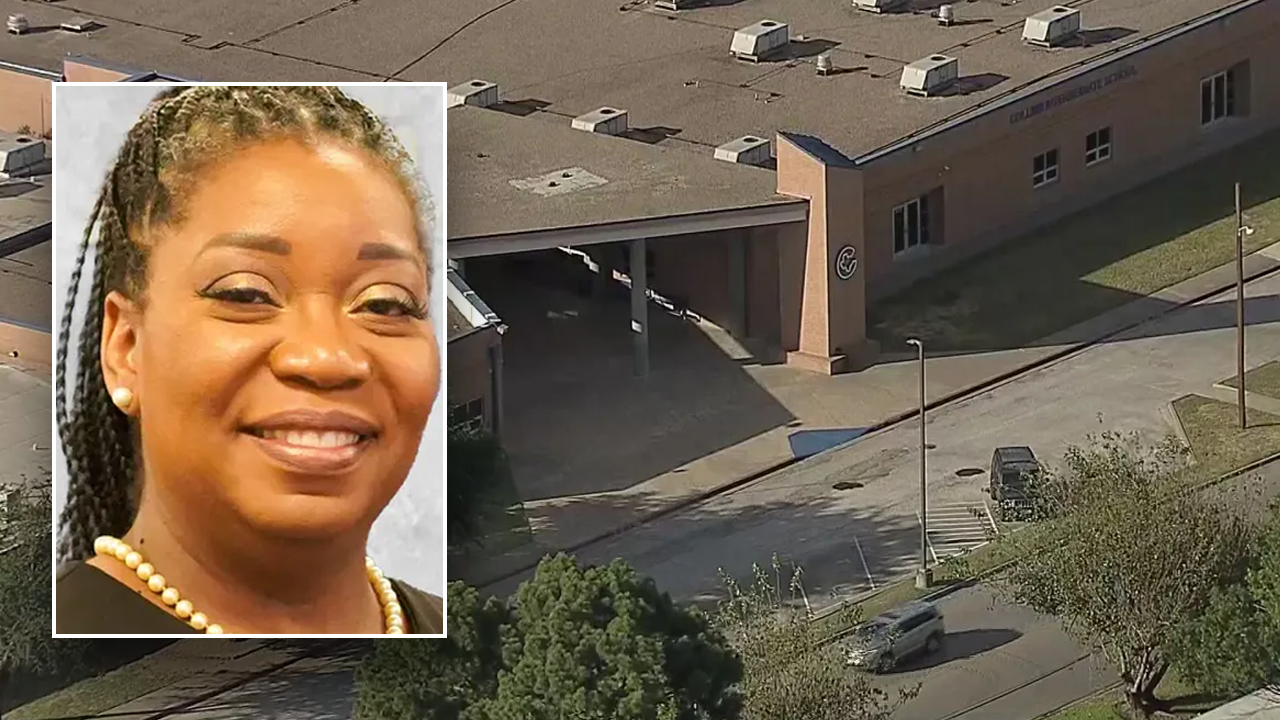This week, the world will again turn its eyes toward Rwanda. April 6 marks 30 years since the start of one of the most horrific events in modern history, the 1994 Rwandan genocide. Nearer in time but not unrelated, it has been just over one year since I left Rwanda and returned to the United States, released from prison after 939 days in captivity.
I have not yet spoken at length about what those years in a Rwandan prison were like, or about the daily reality for Rwandan political prisoners who, like me, found themselves behind bars for exercising their freedom of expression. It has been a long year of physical and emotional recovery that has allowed me finally to put pen to paper again, and I expect the healing process will last the rest of my life.
The experience of being kidnapped, tortured, imprisoned and silenced by those whom I had used my voice to criticize is difficult to describe. At many times during my captivity I believed I would be silenced for good, and that I would never again see my wife, my children and my grandchildren. But today I am a free man. And as we face this important and difficult milestone, I feel grateful to be able to join with my fellow Rwandans and reflect on what, if anything, we can take from this terrible chapter of our shared history.
For me and for so many Rwandans, the 1994 genocide remains the focal point of my life. The months of April to July 1994 were a time of incomprehensible horror, in which our beautiful country was dragged into hell by brutal violence and killings on a scale previously unimaginable. At some points in the crisis, as many as 10,000 people were butchered in a day, primarily by machetes and other crude weapons. Even now, three decades later, and even for those of us who saw the killings firsthand, it is impossible to process the depravity and the gravity of the loss.
At the time, I was the manager of the Hôtel des Mille Collines in Kigali, Rwanda’s capital, where I tried to protect not only my own young family but also the 1,268 people who sought shelter within the walls of the hotel. Their bravery, and our daily macabre dance with death, became the backdrop of the 2004 film “Hotel Rwanda.” This film brought to the screen our compromising, negotiating and begging with our would-be executioners to try to keep the waiting militia at bay.
This experience is still difficult for each one of us to relive. I am grateful to have survived it. I am also grateful for the two personal lessons I decided to take from living through this atrocity. The first: Never, ever, ever give up. This is what sustained me when I was kidnapped in August 2020 by an operative of the Rwandan intelligence services and wrongfully detained in Rwanda on charges of terrorism and other crimes, along with others who were critical of the current government. The second: Words are our most effective weapons when we are confronted by those who seek to oppress and victimize others.
Both of these lessons are on my mind today, as the world considers the state of Rwanda 30 years after the genocide brought us to our knees.
Now Rwanda is viewed by many nations as an important global partner — a partner that has bravely rebuilt itself into a thriving and inclusive modern society. But it is increasingly difficult to remain blind to the jailing — and even the disappearances and killings — of those who criticize or challenge the Rwandan government’s power. Independent journalists, human rights advocates and opposition political parties are nearly absent from the landscape of Rwandan civil society today. This is not a reconciled or inclusive society; it is an authoritarian state.
The rest of the world should stop looking the other way. As a global community, we are being confronted with the rise of authoritarianism and the co-opting of institutions meant to support basic liberties, such as the freedom of press, speech and association. Throughout the world, politics is being used as a tool to promote division, and in some cases violence, in order to gain or maintain power. We continue to see the fundamental human rights that we fought so hard for being upheld only for certain people in certain circumstances. And, as is so often the case, the vulnerable members of society are the ones who pay the greatest price. Rwanda, which today lacks strong democratic institutions and free and fair elections, is not immune to these problems.
I believe that it becomes the role of those of us who have been empowered by our circumstances to speak out, to act as a check on abuses of power and to resist the erosion of our fundamental rights. It is imperative to speak against those who seek to reduce civic space and basic freedoms for their own political gain, choose to fuel violence for profit and openly engage in brutal wars for material wealth. This becomes our work, even if speaking out puts us in the direct line of fire, as it has for me and my family.
Thirty years on from the Rwandan genocide, there is still cause for hope. We can see young Rwandans all over the world continuing to advocate genuine reconciliation and the building of a democratic Rwanda, despite the overt risks of doing so. We can see the bravery and unfailing resolve of the women of Iran and Afghanistan and those who support them. We can see the open resistance of people in Myanmar, Ukraine, Syria and Sudan standing up to tyranny and oppression. Their courage reminds us that it is our collective duty to counter autocratic regimes and policies and promote equality and, above all, peace.
This is my prayer, and hope, for the next 30 years, for Rwanda and beyond.
Paul Rusesabagina served as manager of the Hôtel des Mille Collines in Kigali during the Rwandan genocide, a story later told in the film “Hotel Rwanda.” In 2005, he received the Presidential Medal of Freedom from President George W. Bush. He is the president and founder of the Hotel Rwanda Rusesabagina Foundation.
The Times is committed to publishing a diversity of letters to the editor. We’d like to hear what you think about this or any of our articles. Here are some tips. And here’s our email: letters@nytimes.com.
Follow the New York Times Opinion section on Facebook, Instagram, TikTok, WhatsApp, X and Threads.






